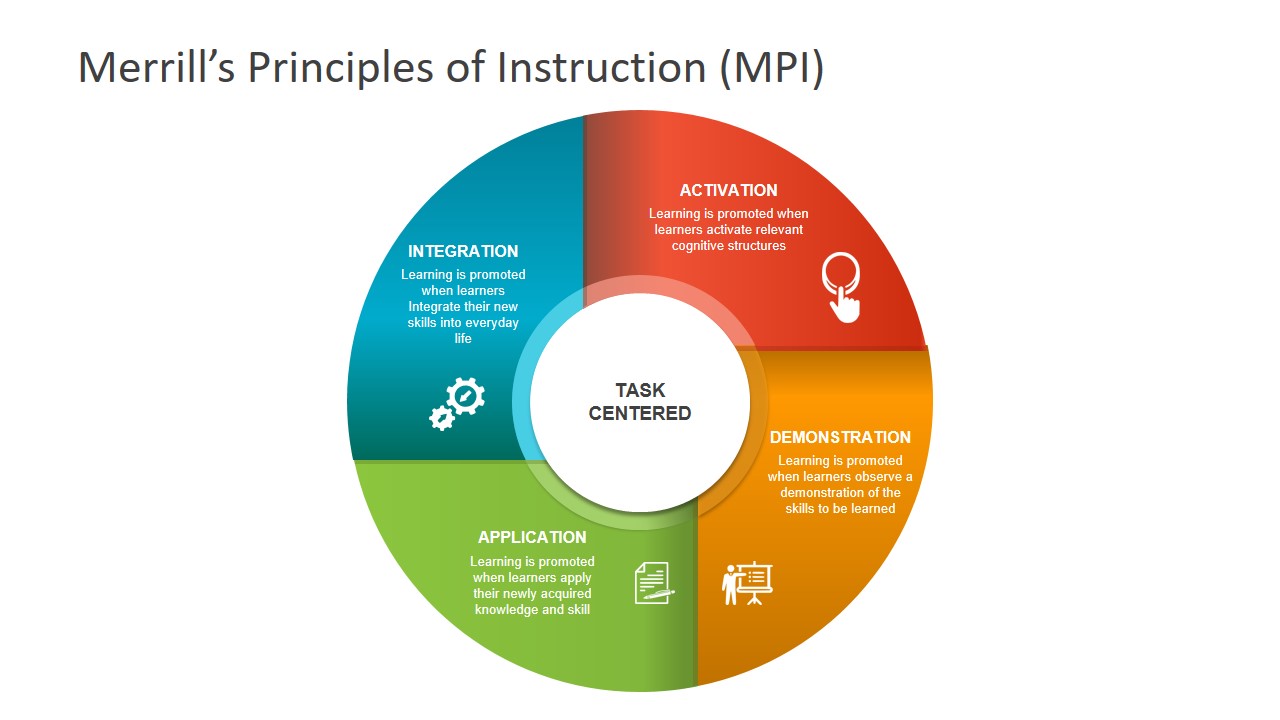Reflection- Role of the nurse educator in the 21st century
Nursing is a profession which is continuously
evolving. Nursing educators play a vital role in preparing future nurses to
meet the demand of health care services. Nurse educators play an important role
in molding the nursing profession's future, supporting an emphasis on holistic
patient care, illness prevention, and community health promotion (1).
Nurse educators play a critical role in defining the future of
healthcare by equipping their students with not only the technical skills they
need to succeed in the industry, but also the refined skills and depth of
knowledge that will assist in improving patient care quality. As the future of
the nursing profession elevate to new heights with technology and evidence
–based practice nursing educators must keep up with the pace. Currently, the
world of nursing education experienced a major shift in teaching and learning
mode of delivery due to a pandemic which hindered face to face interactions.
Nursing educators had to adjust to using technology as a means of conducting
classes, communicating with students and evaluating students in the classroom
and the clinical area. This new change had a major impact on student’s
retention of knowledge and application of critical thinking skills. As I work
in the clinical area this have been a major issue I have observed in the
students. For nursing educators to equip students with the adequate and most
in-depth knowledge to manage patients and provide quality care I believe that
hands on experience in the clinical area is necessary to reinforce student learning. I believe that integrating instructional
design models into nursing education is an important and necessary step for nursing educators to adopt as instructional designs are used
to discover gaps in students' knowledge, abilities, and attitudes, as well as analyze
learning needs and build learning materials to correct those gaps (2). Instructional
design aids in the delivery of meaningful and effective instructions to
learners in a manner that facilitates their learning (2). I believe that the
Merrill’s Instructional design is a perfect design which can be used by nursing
educators to meet learning objectives. The Merrills instructional design can
have a positive impact on student’s inability to retain knowledge and application
of critical thinking skills. The Merrill’s instructional design is a
task-centered approach that focuses on different ways learning can be facilitated
(2). In nursing educators understanding and utilizing this design and other instructional models to facilitate learning I believe that students will
be able to grasp the knowledge and skills they require to provide efficient and
quality nursing care.
13109-02-merrill’s-principles-of-instruction-mpi-16x9-1.jpg (1280×720) (slidemodel.com)
Nursing educators can utilize instructional designs such as Merrill’s design to develop lesson plans which are geared towards achieving learning outcomes. Good nursing educators should search for the best ways to prepare new nurses to solve problems and think critically in order to provide high-quality care to patients (3). In preparing nursing students nursing educators must learn to adapt to new and emerging technology such LMS, Zoom, Blackboard, google classroom and other teaching and learning technology tools. They must utilize these technology tools to introduce concept -based learning into the classroom and clinical area. Integrating concept –based learning in the lesson planning process I believe can also get students engaged in learning and it gives students the opportunity to deliberate plausible solutions to real- life situations and nursing challenges in an active learning setting (3). Concept-based teaching will allow students the opportunity to deepen their knowledge of a certain subject and not just memorize the facts. It draws upon prior knowledge and continues to expand their knowledge year after year (4). The combination of concept-based teaching and use of instructional designs in lesson planning for online and blended learning I believe will help to resolve the current problem nursing educators are experiencing with students in the clinical area. In resolving this issue nursing educators will experience less difficulty in attempting to achieve good learning outcomes, which can make positive changes for the future of the nursing profession.
References
1. 1.) Nurse Educators’ Vital Role in the Future
of Nursing - Daily Nurse [Internet]. Daily Nurse. 2017. Available from: https://dailynurse.com/nurse-educators-vital-role-future-nursing/
2. 2.) Elvie. Top 7 Instructional Design Models
to Help You Create Effective Learning Material [Internet]. Creately Blog. 2019.
Available from: https://creately.com/blog/diagrams/instructional-design-models-process/
3. 3.) 3 Ways to Improve Nursing Student Learning
Outcomes [Internet]. www.wolterskluwer.com. [cited 2022 Jun 15]. Available
from: https://www.wolterskluwer.com/en/expert-insights/3-ways-to-improve-nursing-student-learning-outcomes#
4. 4.) How to use Concept-based Teaching in your
Classroom - Atlas [Internet]. www.onatlas.com. 2021. Available from: https://www.onatlas.com/blog/how-to-use-concept-based-teaching-in-your-classroom



Well said Calyne. I agree that there have been challenges with the way teaching has shifted to online learning. I think once the foundation has been set to guide the lessons using these designs, the learner's goals can still be met. I personally prefer face-to-face, but hope my outlook changes when I transition into education.
ReplyDelete